The Conference on the future of Europe started on May 9, 2021, and symbolically closes today, on May 9, 2022. It is worthwhile analyzing how we view this event. Many of us felt that the results of the European Union’s institutions from the past decades cast doubt on whether the EU is on the right track. Answers to various crises were rather weak and rule of law debates only intensified. Great Britain decided to leave and the national constitutional courts of multiple Member States repeatedly issued warnings to respect national competences. Seeing these issues, we decided to join the conference in goodwill, hoping that our voices would be heard and that European integration return to the right direction.
The Conference on the future of the Europe as a Trojan horse
May 9th is Europe Day. This symbolic day is both a reminder of the past and a message to the future. Concerning perceptions of the past, there is a consensus view: we are beholden to our predecessors such as Konrad Adenauer and Alcide De Gasperi, who envisioned the reconstruction of Europe based on Christian foundations. On this day in 1950, the decision was brought to unify French and German coal and steel production under a common organization. When looking to the future though, the meaning of May 9th is not as simple. We generally agree on the need for a unified Europe maintained by an effective European Union functioning based on the will of Member States. However, the disagreements start here already, on how this unity should be created. Those who want to fetishize May 9 – appropriating that day – present a picture of Europe that not everyone can or wants to identify with.
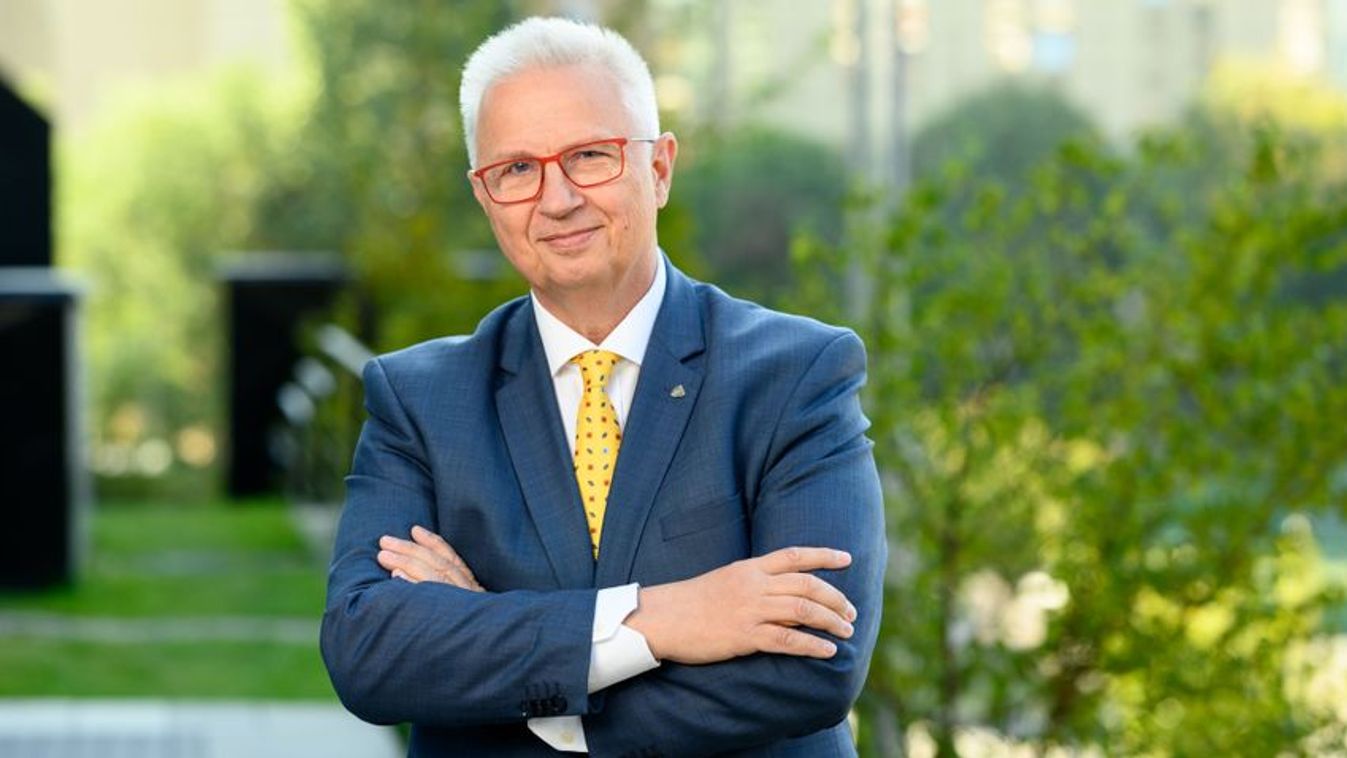
Our initial doubts surrounding the Conference have, in retrospect, unfortunately been confirmed. Hidden behind the nicely-phrased disguise of grass-roots and democratic slogans, in reality the Conference was a Trojan horse for centralization and a European superstate seeking to standardize Member States. Neither grass roots nor democratic. Working to deepen integration, the conclusions from the Conference are to create a legislative procedure for the European Parliament while eliminating Council unanimity for all Member States in certain fields. They believe that the historic mission of European integration is not just to unify the countries of our continent but to replace them. This all fundamentally denies that a European identity should be based on national identities; yet on its own, the European identity is meaningless. A European people or European sovereignty does not exist. There are various peoples and nations with different histories, cultures, languages, and traditions that live here together; their diversity creates the European civilization that binds them together. That is why we must reject the final institutional conclusions of the Conference. Measures to centralize will create a European Union that serves the interests of larger European powers and will repress the national interests of smaller countries that want to make their voices heard.
The conclusions of the Conference are further evidence that European civilization is in serious danger. The main mission of European integration is no longer protecting and nurturing the heritage of civilization, but is becoming increasingly self-centered. In terms of strategic indicators, Europe is clearly performing poorly. The population is
dwindling, the number of births decreasing, its weight in the world economy is declining, and spending on defense has been dropping in the past few years.
Today the European Union deals with just about everything, yet it has no answer to the challenges facing European society. They are preoccupied with their ideological debates. This has all deepened that divide between Europe’s Western and Eastern halves. For Central Europeans, nations were refuges during the Soviet military occupation. Attachment to national communities and the values that come from it meant attachment to European civilization. While, Europe’s Western half is experiencing a kind of stifling crisis of self-confidence regarding its own values and culture and it their survival instinct is seemingly fading, Central Europe pursues its traditional forms of Christian and national identity. The current institutional system of the European Union does not tolerate these different views and opinions. They discipline and punish dissenting and conservative Christian Member States, while having no vision for the future of Europe.
További IN ENGLISH híreink
It will be inevitably necessary to renew the European Union in the interest of Europe. We are in need of European integration that is based on protecting and nurturing European civilization. To this end, it should respect and serve the constitutional independence, cultures and traditions of European nations. Instead of pushing for federalization, it should seek to protect diversity and organize from the bottom up. Its strategic efforts should not be decided by the European Commission’s technocratic jargon, but rather by consensus among Member States as the custodians of popular sovereignty. The role of European judicial forums should not be to shape public policy against Member States, but to uphold values adopted through consensus by Member States. European political debates should not be consumed with irrelevant and unrealistic wastes of time, but about issues that are fundamental to European societies and nations. We all have an interest in a European Union that seeks a future for the European people in our families and future children, not in mass migration as a solution to demographic challenges. A European Union whose military capacity can ensure peace on our continent. Whose industrial strength is not vulnerable to political battles but can stand on its own and defend itself. One that does not give up on the dream of unifying all of European civilization, but integrates the Western Balkans as soon as possible for its own security interests. Europe is not only our past, it is our future as well and that is our responsibility.
László Trócsányi
Member of the European Parliament
University Professor
Photo: Trócsányi László (Photo: European Parliament)
Komment
Összesen 0 komment
A kommentek nem szerkesztett tartalmak, tartalmuk a szerzőjük álláspontját tükrözi. Mielőtt hozzászólna, kérjük, olvassa el a kommentszabályzatot.
A téma legfrissebb hírei
Tovább az összes cikkhez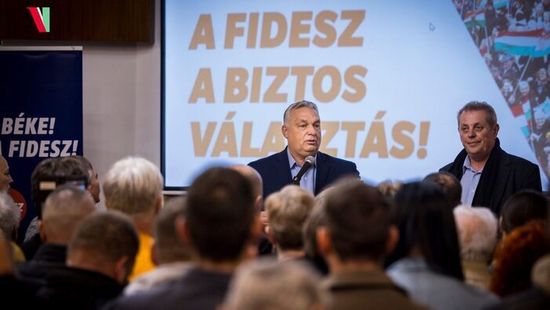
PM Orban: Tisza Would Ban Cheap Russian Energy, Fidesz Announces Utility Price Freeze
Fidesz is the safe choice!
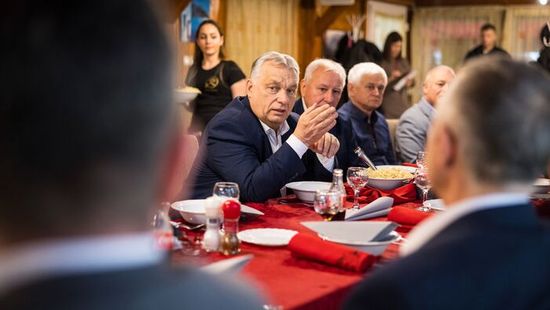
Massive Crowd Welcomes Viktor Orban At Szekszard Stop of Nationwide Tour + Video
Talks focused on regional development plans.
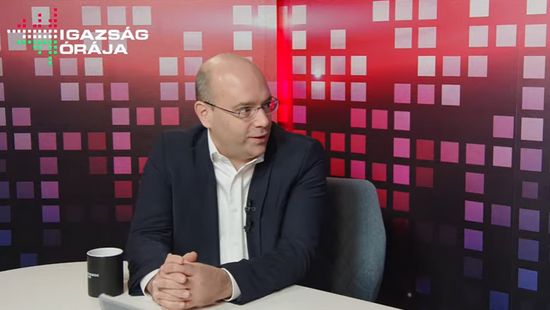
Hungary Has Not Changed, Tisza Suffers a Major Defeat in a Local By-Election + Video
Peter Magyar’s party has not grown any stronger since the summer of 2024, analyst Agoston Samuel Mraz said on The Hour of Truth.
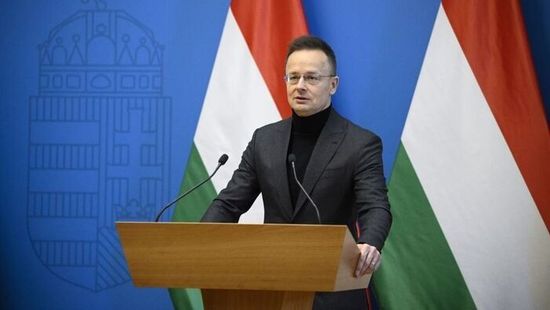
Hungary FM: Manhunts on the Streets of Ukraine, War Must Come to an End + Video
Ukrainian people do not want to die, yet day after day we see footage of forced conscription operations, Hungary's Foreign Minister said.
Ne maradjon le a Magyar Nemzet legjobb írásairól, olvassa őket minden nap!
- Iratkozzon fel hírlevelünkre
- Csatlakozzon hozzánk Facebookon és Twitteren
- Kövesse csatornáinkat Instagrammon, Videán, YouTube-on és RSS-en

Címoldalról ajánljuk
Tovább az összes cikkhez
PM Orban: Tisza Would Ban Cheap Russian Energy, Fidesz Announces Utility Price Freeze
Fidesz is the safe choice!

Massive Crowd Welcomes Viktor Orban At Szekszard Stop of Nationwide Tour + Video
Talks focused on regional development plans.

Hungary Has Not Changed, Tisza Suffers a Major Defeat in a Local By-Election + Video
Peter Magyar’s party has not grown any stronger since the summer of 2024, analyst Agoston Samuel Mraz said on The Hour of Truth.

Hungary FM: Manhunts on the Streets of Ukraine, War Must Come to an End + Video
Ukrainian people do not want to die, yet day after day we see footage of forced conscription operations, Hungary's Foreign Minister said.

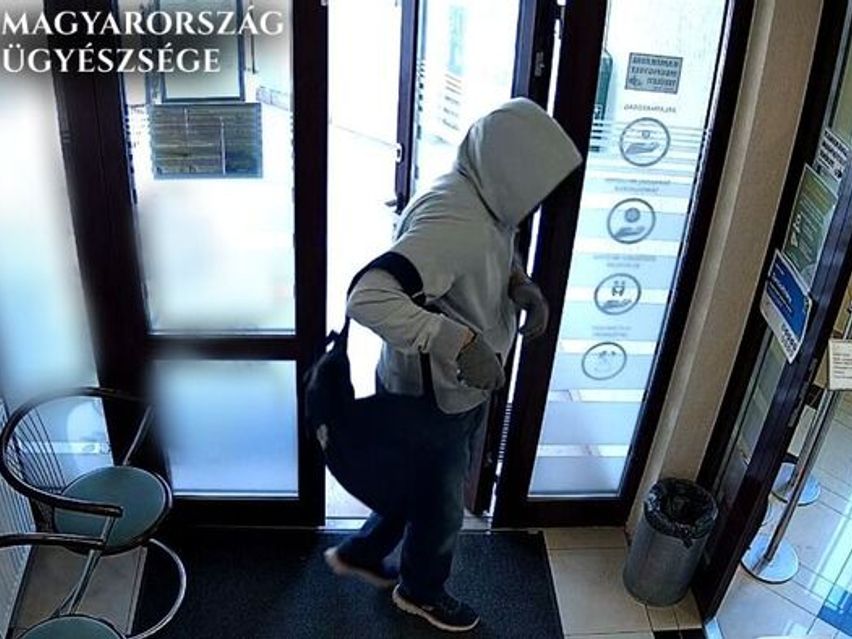
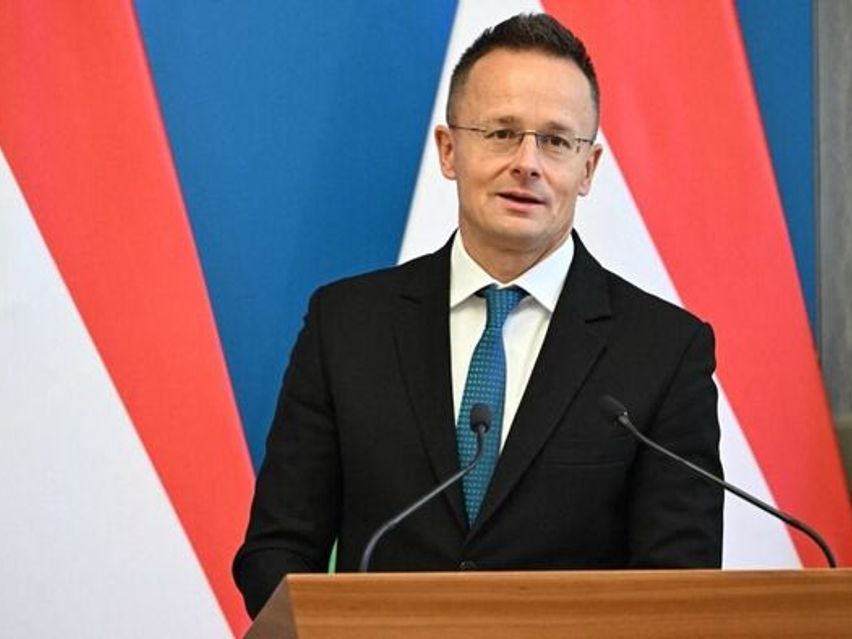


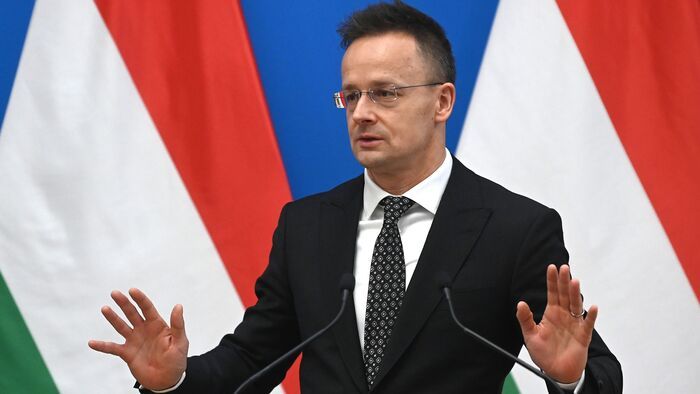
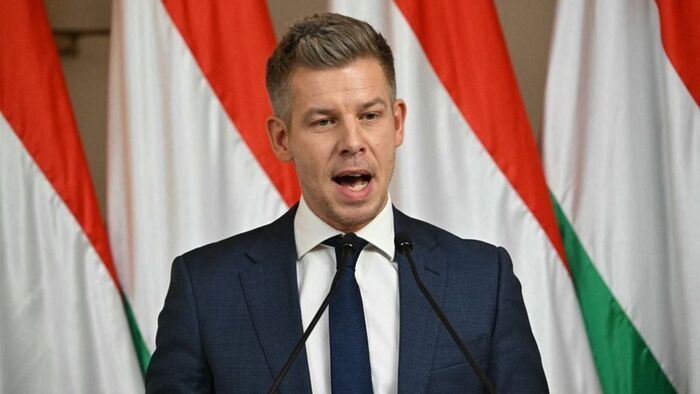
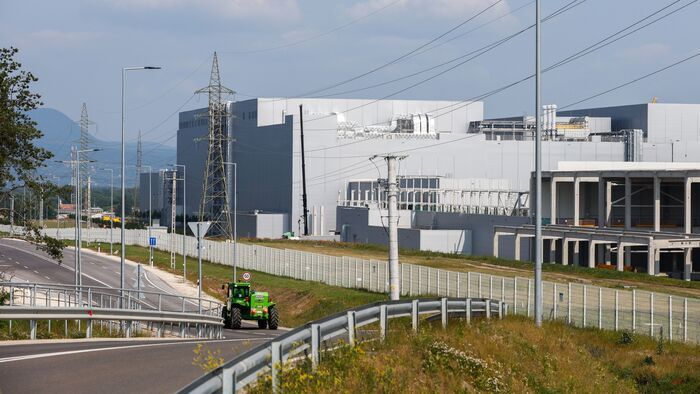
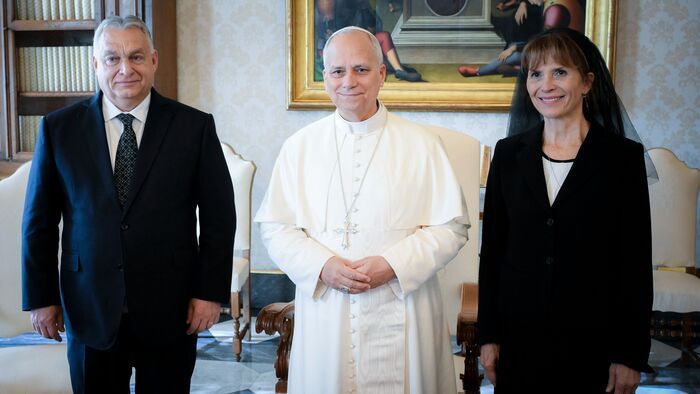
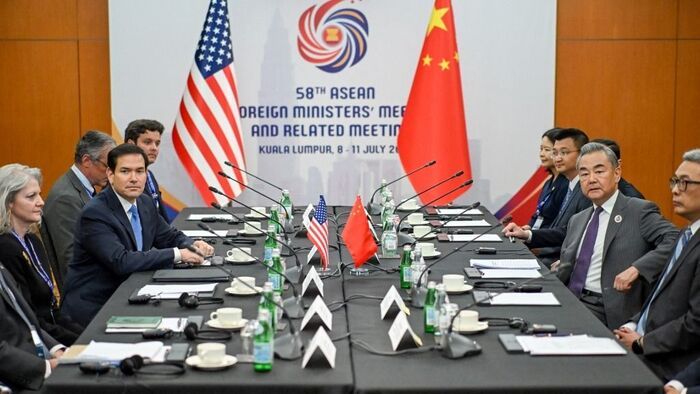

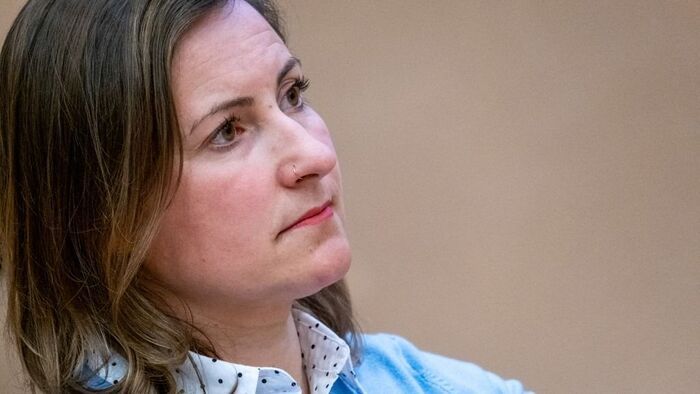



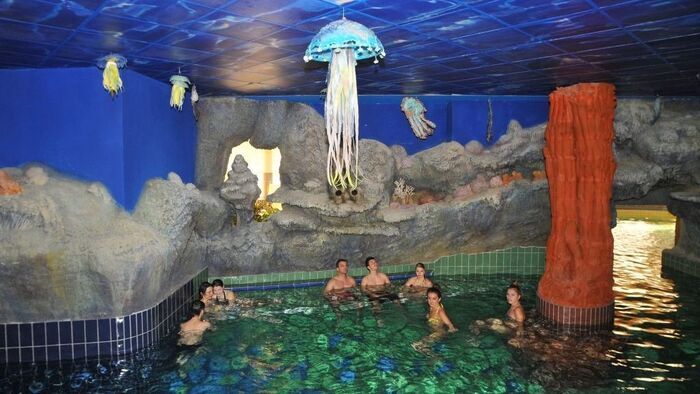

Szóljon hozzá!
Jelenleg csak a hozzászólások egy kis részét látja. Hozzászóláshoz és a további kommentek megtekintéséhez lépjen be, vagy regisztráljon!